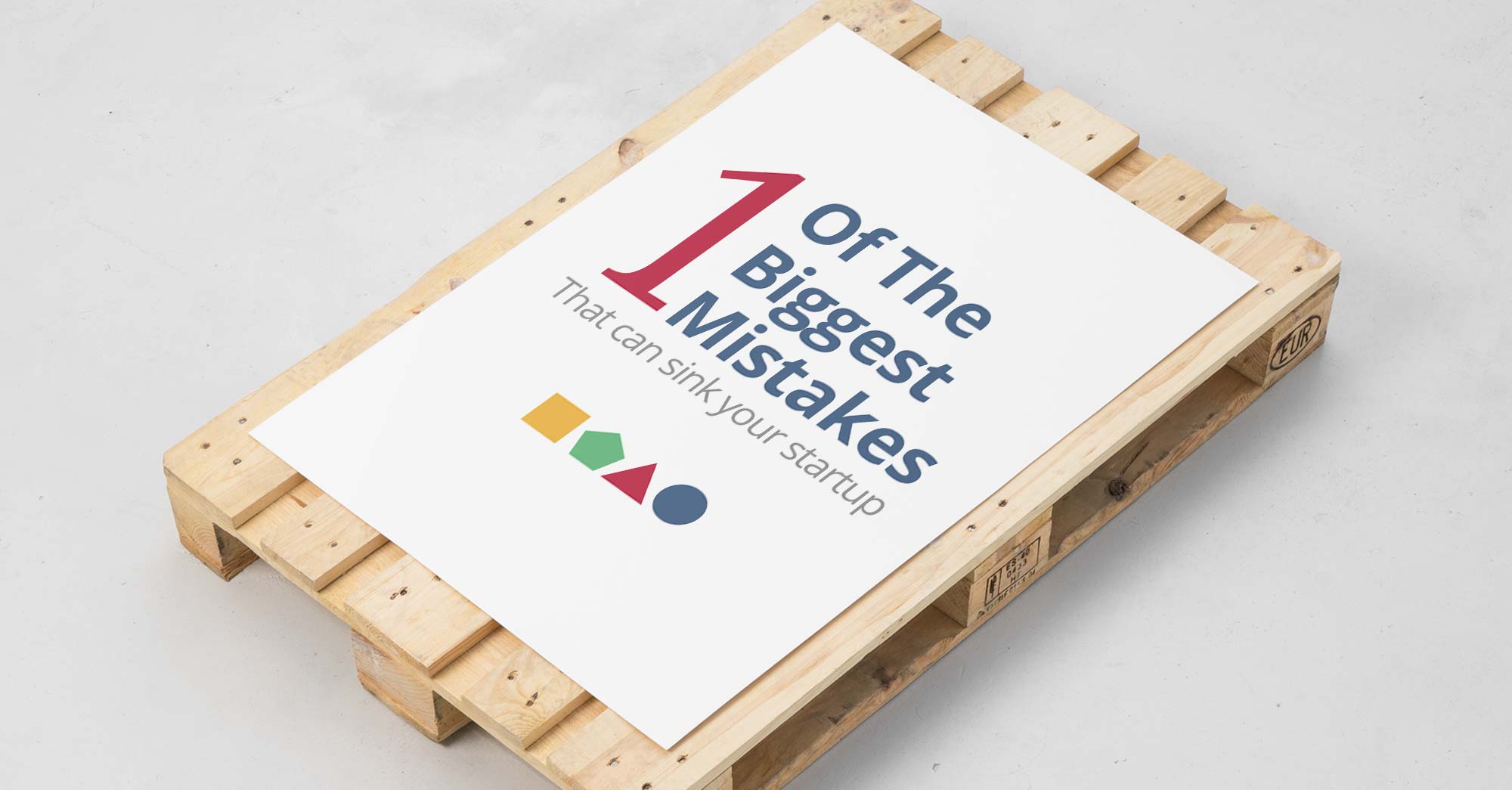Anne, Jack, and Tom met in college six years ago; they’ve been best friends ever since. After graduating, they all needed roommates, so they end up splitting the rent on a three-bedroom house. Every night, they had a ‘family’ dinner – just the three of them around the table. They never had an argument, not even over dishes.
Anne was an engineer, with a background and interest in coding – she built her first website when she was only 12 years old.
Jack was a marketing whiz – he had his own podcast for aspiring entrepreneurs, and while it couldn’t pay his rent yet, he had built up a real network of listeners.
Tom always had his head buried in spreadsheets. He was an accountant, and he sometimes sounded like he was speaking in Excel formulas.
It started with a (business) plan
One day, over family dinner, they came up with an idea for an app. It was a budgeting app, linked directly to your banking app – it told you how much you could spend every day, and updated in real-time with each purchase.
By the end of the night, they had a business plan drawn out. They named the company Pomegranate. The three friends were founders now, and they all agreed on an equal level of commitment, time investment, and responsibilities for each.
Tom – always the accountant – brought up the issue of share ownership, and how to divide it. At first, the three friends started discussing the importance of each of their roles, and the value it brought to their new company. After an hour, they realized their voices had been steadily rising in volume and heat.
So, they agreed to split it evenly, a third each. That was the fairest way to do it.
With that issue settled, they got to work.
Business teething problems
Fast forward one year. Pomegranate has momentum, and the prototype looks good. Really good, actually. But the founders’ initial enthusiasm has been slowly eroding under the reality of getting a startup off the ground.
Jack keeps telling Anne that the app needs this feature, or that feature, or else he can’t sell it. He’s over her shoulder, complaining to her it doesn’t look flashy enough.
Anne keeps complaining to Tom – she needs more money, some money, in order to build a new feature or to access a new data library.
And Tom keeps arguing with both Jack and Anne, complaining that the little they are spending is already far too much. Pomegranate is getting some interest from a few potential investors, and Tom needs to show them some rock-solid finances.
The constant complaining turns into arguing – they’re all exhausted from the work, which only makes the arguments get worse.
One of the most costly startup mistakes
Eventually, Jack moves out of the house. Two weeks later, he quits the company.
He takes his ownership with him – 33 per cent.
They didn’t see any need to worry at the time. In all the excitement and commitment at the beginning, they didn’t think any of them would even consider leaving. Now, there’s nothing that Tom and Anne can do – no exit conditions or clawback or anything. From now on, Jack won’t contribute, but he’ll still own a full third of Pomegranate.
Tom and Anne got back to work. They continued with their long nights and exhausted mornings – there was even more work now with just the two of them.
Until finally, a few months later, they had a working app. Tom lined up some meetings with investors.
They had six meetings. None of them lasted more than five minutes. After introductions, the investors all asked to see their CAP table. They all looked briefly at the CAP table, and then they all said no, showing Tom and Anne to the door.
Tom and Anne couldn’t understand it. The app looked great. The market was hot for budgeting apps. And Pomegranate’s scalability and revenue generation were top-notch. Why was everyone saying no?
Finally, in their next meeting with an investor, after he said no – Tom and Anne asked why.
Because 33 per cent of your company is already gone, the investor answered. One-third of Pomegranate is the deadweight before it’s even been diluted at all.
Tom and Anne were crushed. They had a great app and a solid business model, but without funding, they were dead in the water.
One month later, they closed down Pomegranate.
A new entrant joins the market
There was a significant gap in the market for a budgeting app, and Tom, Jack, and Annie weren’t the only ones who saw it. Three months after Pomegranate closed, another business with a similar app and business plan arrived on the market, called Orange.
Like Pomegranate, Orange also had three founders. However, Orange’s founders had a long discussion about share ownership the first day they started the company. They agreed to place their shares on a vesting schedule. Each founder received 11% share ownership each year, for three years.
So, after a year, when one founder decided to quit, she only left with 11% of the company. It was still a chunk, but it was a very fair chunk. After all, she had worked hard, and given a lot of direction. It was only fair that she left with something – but not a third of the company.
Anne, Jack, and Tom’s experience is far from uncommon. It’s a reason that explains why many startups fail to take flight.
The importance of a CAP table
As an entrepreneur, you might think the most important part of launching a startup is the idea and the product. Or maybe you think it’s the marketing or the business knowledge. But, like Anne, Jack, and Tom’s experience clearly shows – important as all those are, your CAP table is far and away the most important thing to get right, from day one.
We’ve talked before about how important it is to get your equity split right. (Even if Pomegranate had a vesting schedule or if Jack hadn’t left, an equal equity split would have been another red flag to investors.)
And it’s not just the division of share ownership you need to get right. A CAP table needs to be comprehensive while remaining clear. If you’ve managed your ownership well, you want investors to see that. Maybe you can manage it yourself, or maybe CAP table management software would be a smart investment – either way, it needs to be a priority from the beginning. Anytime after your first founder conversation is already too late.
Your investors, and your future self, will thank you.
Click here, to read more about Startups here.
Please Note: This publication contains general information only and J.P. Morgan Workplace Solutions is not, through this article, issuing any advice, be it legal, financial, tax-related, business-related, professional or other. J.P. Morgan Workplace Solutions’ Insights is not a substitute for professional advice and should not be used as such. J.P. Morgan Workplace Solutions does not assume any liability for reliance on the information provided herein.


